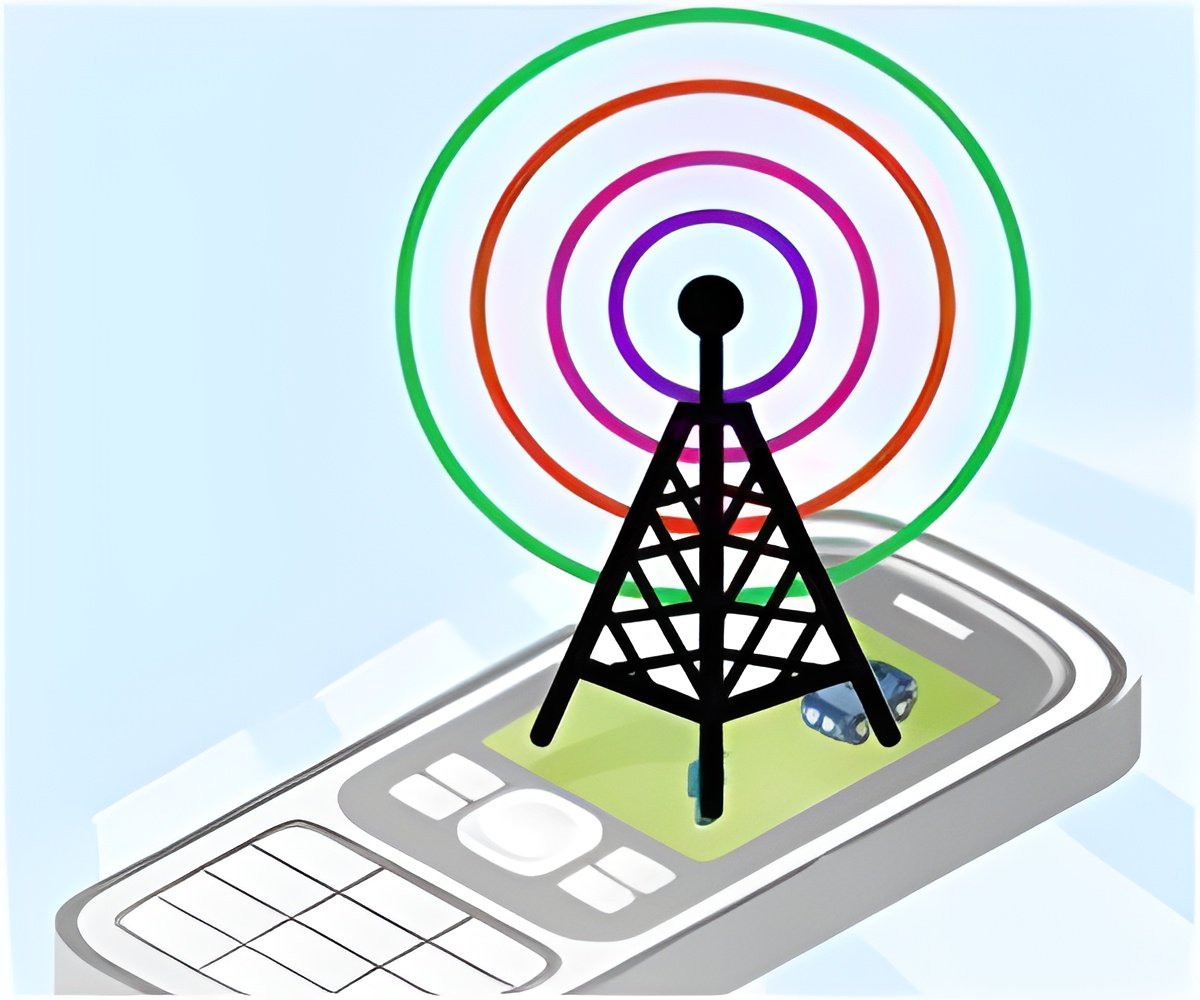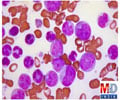
The investigation looked at 1,397 children across Britain who developed cancer by the age of five between 1999 and 2001.
The tots were each matched against four healthy counterparts by sex and date of birth, who were selected from Britain's national birth register.
The researchers then obtained data on all 76,890 mobile (also called cell) phone relays in Britain from 1996 to 2001. Using the child's household address, they calculated the level of electromagnetic radiation to which the home's occupants would have been exposed from the phone mast.
Children with cancer were no likelier to have a birth address near a radio antenna than those who were healthy, they found.
"People are worried that living near a mobile phone mast might affect their children's health," said Paul Elliott, a professor at Imperial College London who led the study.
Advertisement
The researchers said their work cast the widest data net so far in exploring the feared link between early childhood cancer and phone masts.
Advertisement
These clusters are hard to evaluate but may be skewed by faulty or selective data -- in other words, when and where the cases occurred may have been random rather than a pattern, the BMJ paper said.
The authors cautioned that they were unable to get information about individual exposure among mothers-to-be to a mobile phone handset. Electromagnetic radiation from a handset during conversation is many times higher than that from a phone mast.
And they added the predictable caveat that their focus was only on early childhood cancers, not on cancers that develop in later phases of life.
In an editorial published by the BMJ, Oxford University specialist John Bithell said doctors should tell patients not to worry about living close to mobile phone masts.
"Moving away from a mast, with all its stresses and costs, cannot be justified on health grounds in the light of current evidence," Bithell said.
Last month, a large ongoing study said it found no evidence of any increased risk from mobile phone handsets among more than 5,000 people in 13 countries who had been diagnosed with brain tumors.
The Interphone study added, though, that further research was needed, given the increasingly intensive use of mobile phones among young people.
Source-AFP















